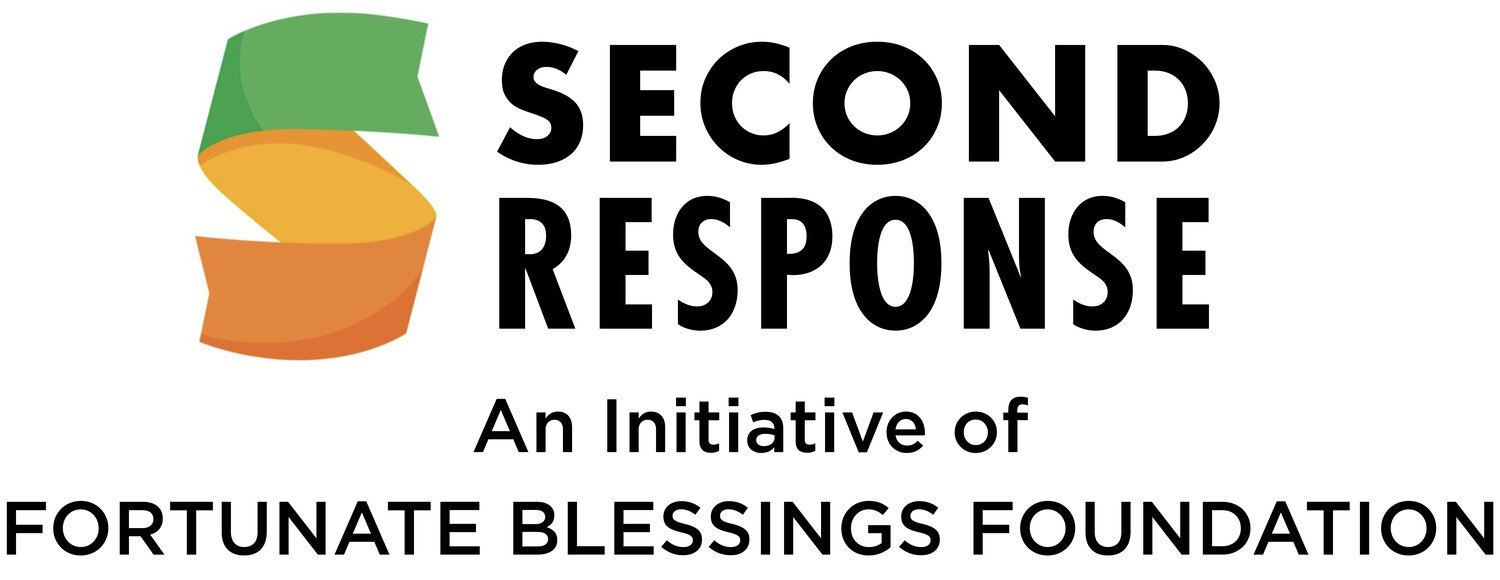It is not uncommon that caregivers think last of their own well-being, leaving them vulnerable, frequently overworked and overwhelmed.
As research demonstrates, caregivers in good physical, emotional and mental health have a greater capacity to support their clients and are better able to perform their duties. However, continuous exposure to the trauma of others can further lead caregivers to experience symptoms of the individuals they serve. Researchers found that between 40% and 85% of individuals in a "helping profession" develop vicarious trauma, compassion fatigue and/or high rates of traumatic symptoms. As a result, the dedicated caregivers our communities need are burning out, ultimately leaving gaps in services where more people in need are left with inconsistent and sporadic care.
The Caring for the Caregivers program provides support and innovative training for caregivers exposed to recurring stress and trauma. Experiential components are interwoven into lectures with the goal of educating and engaging in body-centered stress and trauma relief practices to mitigate the secondary trauma often involved in being a caregiver.
““It was a healing experience for many of us; an opportunity to shed some of the heavy burden we carry, holding the traumatic experiences of others.””
““It reminded us that we also have to take care of ourselves in this difficult situation. We feel rejuvenated and hopeful.””
““The basic program elements have universal application to all individuals. The exposure to a variety of practices and philosophies along with compelling presentations by different subject-matter experts has been an unforgettable experience. And the best part is, I can carry all that with me once the program has ended! It has definitely made me examine the critical role self-care plays in everyone’s professional and personal lives, and has made a difference in how I approach my work.””
Our program curriculum objectives will:
- Provide experience of stress and trauma relief through body-centered play and self-regulation strategies.
- Provide information on the phenomena of trauma and resilience through current understandings in biology, neuroscience, psychology, as well as in somatic approaches, including Qigong, Tai Chi, yoga, meditation, etc. as examples of non-verbal processes that may also facilitate healing.
- Assess personal impact of secondary and vicarious trauma on the job and develop focused intervention for a balanced self-care routine that incorporates new body-centered and self-regulating approaches.
- Provide tools to support the continued development of participant’s long-term self-efficacy to carry out their professional responsibilities.
- Provide focused support through group relation building which would impact the self-care culture within the organization.
- Train in PLAYshop methodology for application in professional and personal life, including how, why and when implementing these methods considering a range of factors, including the landscape of common approaches, child developmental stages, cultural differences and different types of traumatic experiences.
Led by our highly trained faculty of health care professionals and counselors, program participants will develop their resiliency through body-centered self-care methodologies.
The activities of each session will vary, but will follow a curriculum which includes building group cohesion, introducing somatic, externalization and self-regulation concepts, the phenomenology of trauma, secondary trauma, vicarious trauma, compassion fatigue and burnout, embodied self-care tools such as yoga, Tai Chi, Qigong, breathing exercises and play. Participants will also learn the specific exercises and approach Second Response developed through more than a decade of frontline relief efforts.
Ultimately, program participants gain new and effective ways to manage their own trauma and better serve those for whom they care. The very same techniques the caregivers are equipped with are then passed along to their clients, creating a ripple effect and forging a broader community that is built on resilience and care.
If you are interested in hosting a Caring for the Caregivers program, please contact us!


